President Donald Trump announced his intention to issue an executive order requiring nationwide voter identification for all voters, declaring on Truth Social that “Voter I.D. Must Be Part of Every Single Vote. NO EXCEPTIONS!” He also proposed restrictions on mail-in voting, limiting it to individuals who are seriously ill or serving overseas. This announcement is part of the Trump administration’s ongoing effort to reform U.S. election procedures.
Previously, in March 2025, Trump signed an order mandating documentary proof of citizenship for voter registration and stipulating that all ballots must be received by Election Day, tying federal funding to states’ compliance. These efforts, however, have faced substantial legal challenges. In April 2025, U.S. District Judge Colleen Kollar-Kotelly blocked the citizenship proof requirement, labeling it unconstitutional and highlighting that election regulation is the purview of Congress and the states. Additionally, nineteen Democratic-led states filed a lawsuit against the executive order, arguing that it infringe upon states’ constitutional authority over elections.
Despite these legal hurdles, the administration remains steadfast in pushing for changes to the electoral system. The proposed voter ID mandate would add another layer of requirements, potentially impacting millions, particularly in states that currently do not require photo identification for voting.
The announcement has ignited significant debate, with critics warning that such measures could disenfranchise eligible voters lacking access to government-issued IDs. Supporters, however, argue that these steps are essential for protecting electoral integrity. The legal and political consequences of these proposed changes will unfold as the administration moves forward.

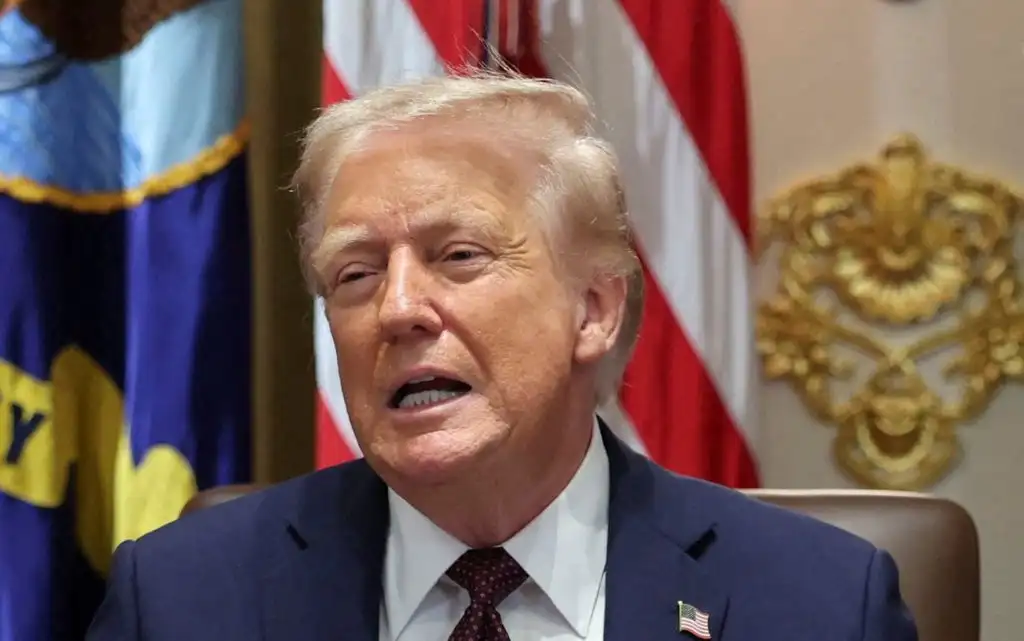
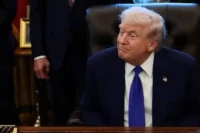

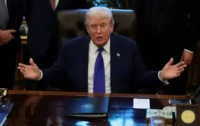
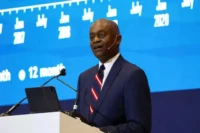
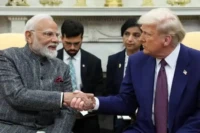

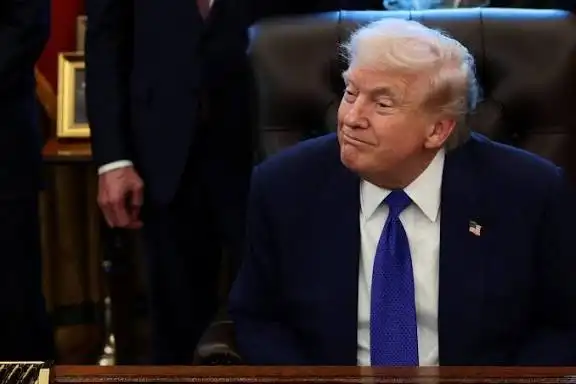

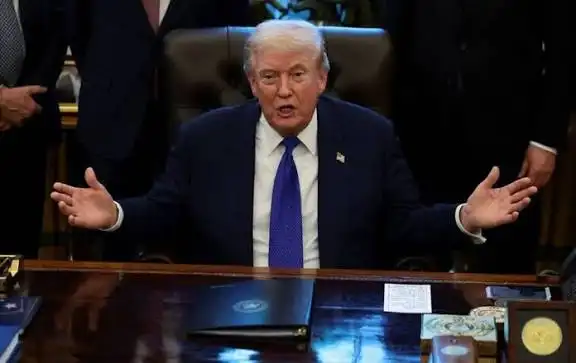
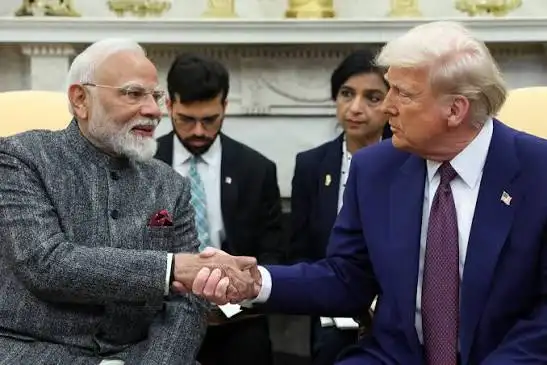
Leave a comment